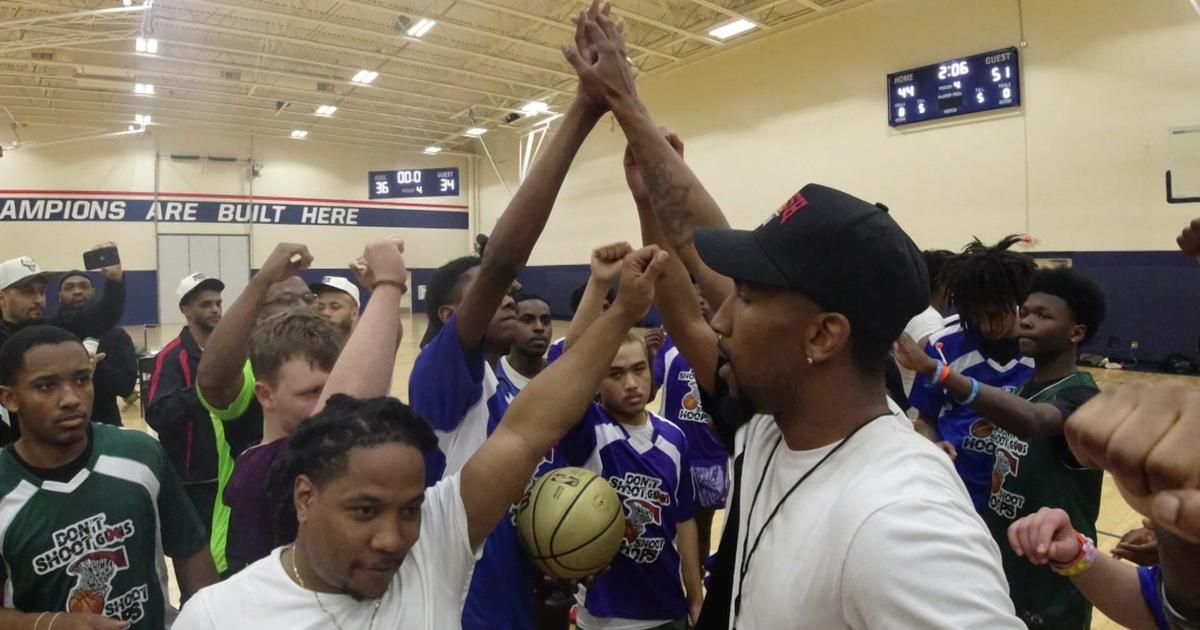MNsure Touting Financial Help To Boost Enrollment
ST. PAUL, Minn. (AP) — After two years of missing the mark on enrollment projections, Minnesota's health insurance exchange is heading into its third chapter armed with an unusual weapon: high insurance rates.
With premiums on MNsure set to rise by as much as 49 percent next year, the exchange is putting its message touting financial help on steroids. The increasing costs mean larger subsidies that could offset premium hikes and, in some cases, extending financial help for the first time to some low-income residents who didn't qualify before when rates were lower.
The Nov. 1 start to open enrollment gives MNsure a shot at commanding a larger share of Minnesota's individual market. Just one-sixth of the 300,000 residents who buy coverage individually have purchased health care through MNsure — among the lowest share in states with their own exchanges, according to a national health care expert.
To capitalize, MNsure is working to shed an image of a clunky website and long call-wait times that has dogged the exchange since its inception. And the exchange is tripling its efforts to tap into a network of insurance brokers with deep ties to a wide base of customers.
But the biggest selling point is those tax credits, available only through MNsure. Since major premium hikes ranging from 14 percent up to 49 percent, on average, were announced earlier this month, MNsure's chief executive has stressed that it "pays to shop," especially for next year. That message will figure heavily into its advertising and outreach campaigns.
"It is the critical piece of what we're promoting this year," MNsure interim chief executive Allison O'Toole said in an interview last week. "We are potential relief from that."
Lawmakers and state officials pegged MNsure as a one-stop shop for health insurance when it opened in 2014, a key part of the state's effort to comply with President Barack Obama's health care law.
But while MNsure has excelled in signing up Minnesota residents in public health care programs — a factor in the state's dropping uninsured rate — registrations in private health plans through the exchange have continually fallen short of projections. Those sign-ups are key because MNsure generates revenue by skimming a fee off those plans.
O'Toole said MNsure has learned that it can't simply wait for customers to come to them. That's why the exchange is partnering with 20 insurance agencies for open enrollment — up from six such broker enrollment centers in a pilot project last year.
Among them is Gary Aiken's Tonka Financial Services, a financial planning firm working with MNsure directly for the first time this year. Aiken said the exchange website woes were a hindrance in its first year but said it's getting "better and better."
Aiken said his staff is preparing to handle 100 to 150 calls daily from potential MNsure customers. They've already fielded calls from existing clients bracing for the shock of higher premiums, he said.
The key, O'Toole said, is leveraging insurance brokers who already have a client base and can guide customers through the often complex process of selecting a health plan.
"We can't create these connections ourselves, but you have them," O'Toole told Aiken during an event at Aiken's Minnetonka-based firm last week.
Those connections have been harder to make due in part to Minnesota's lowest-in-the-nation insurance rate the past two years. Ironically, those rates have driven down the amount of tax credits available to Minnesota residents — and how many people can qualify.
But that's changing with premiums on the rise. Cynthia Cox, an associate director at the Kaiser Family Foundation, said a 40-year-old Minneapolis resident making $30,000 a year will qualify for tax credits for the first time.
"There were a lot of people who, if they had lived anywhere else in the country, they would have qualified for a tax credit," Cox said of Minnesota. That dynamic has reduced the appeal of MNsure to customers, she said, giving Minnesota's marketplace the lowest share of the individual market in the nation.
O'Toole said she expects that to change.
(© Copyright 2015 The Associated Press. All Rights Reserved. This material may not be published, broadcast, rewritten or redistributed.)



